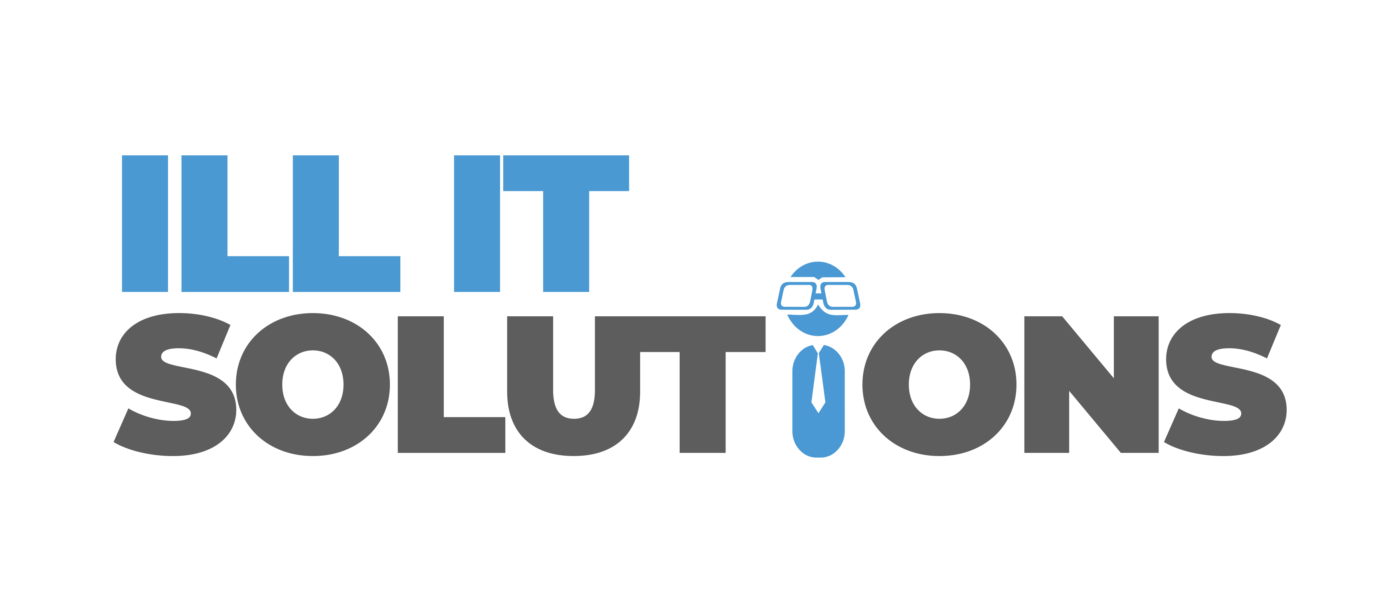Blog
What Are Computer Viruses and What Effects Do They Have?
Your computer is a very powerful tool. It can help you do your job and make your life easier, but it can also cause problems if you don’t take the right precautions.
One of the biggest concerns is computer viruses—programs designed to damage or destroy files on your computer without your permission.
These programs can be introduced into your system through email attachments or by visiting websites compromised with viruses by hackers.
This article will explain the different types of computer viruses, their effect on your system and how you can protect yourself from them.
Types of Computer Viruses
Computer viruses are programs that copy themselves and spread through the Internet, email attachments and other media. They can cause damage to data files, corrupt or delete data or display unwanted advertisements on your screen.
Some common types of computer viruses include:
Multipartite: A multipartite virus can infect both files and the boot sector of your hard drive. It can infect your computer in multiple ways, corrupting the programming files and boot sector. They disguise themselves as files in system memory and spread later to cover other programs.
Boot Sector: This virus infects the boot sector of your hard drive and resides there. When you boot up your computer, it loads first and then begins to infect other files as they are accessed by programs running on your system. Removing this virus from your system is often difficult, as it resides in the most protected part of your hard drive.
Macro: These viruses are embedded in Microsoft Office documents such as Word or Excel. When you open one of these files, the macro runs automatically and may cause damage to your system before you even realise it’s happening.
Worm: These types of viruses infect other computers through network connections. They can spread quickly and cause damage to your system without your knowledge.
Polymorphic: These types of viruses change their appearance every time they are run, making them harder to detect and remove from infected systems. In some cases, polymorphic viruses will also change the name of files on your hard drive when they infect them.
Memory Resident: If you run an infected program or file, the virus it contains gets activated and stays in your computer’s memory even when you are not using its host program. You need a data backup to restore your system in case of an infection.
Browser Infection: Browser-based viruses are designed to infect your computer when you access a website. These viruses modify your browser so that when you visit a site, it redirects you to another page. This is usually done by hijacking your browser’s homepage and search engine settings.
Overwrite: Overwrite viruses will overwrite data on your hard disk with new data. This makes it impossible to recover the original data, even if you format the drive and reinstall all your programs. These viruses are often called “destroyers” because they can damage your computer’s files irreparably.
How Can These Viruses Affect Your Computer?
Computer viruses can affect your computer in many ways. Some viruses do not affect your computer at all; others may cause problems such as:
- Corrupting or destroying data files
- Redirecting web traffic from legitimate websites to fake ones that try to sell you something
- Sending spam emails from your email account
- Making your computer operate slowly
Conclusion
Computer viruses can be very dangerous, but they are also becoming more common. To protect yourself, make sure that all of your software is up to date and use antivirus software on your computer. Also, be wary of clicking on links in emails and on websites. If you think that a link is suspicious, do not click it and report it to your antivirus software company.
In case you need computer services, contact us today. We can help you get rid of a virus or repair any damage it has caused to your computer. ILL IT Solutions always strives to offer the best service at an affordable price. We can help you with any computer issue, including viruses and malware.


